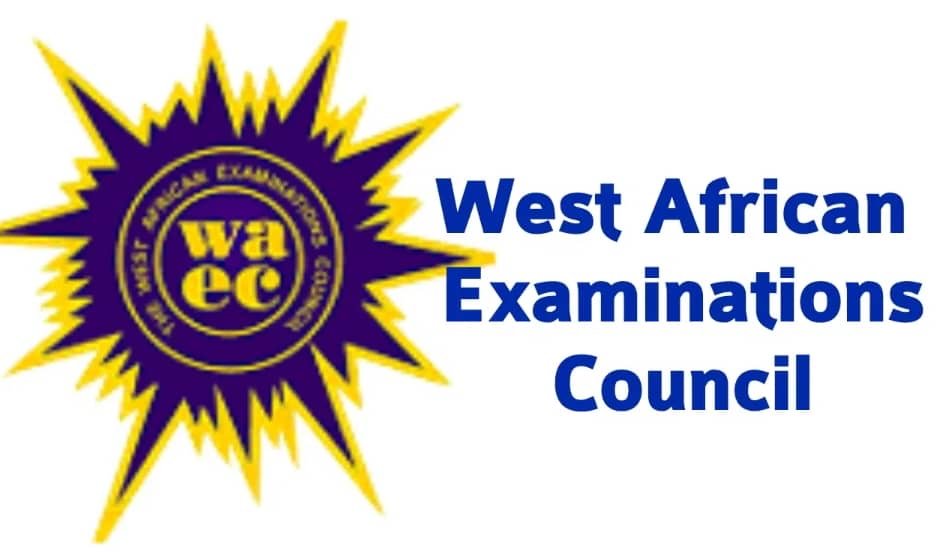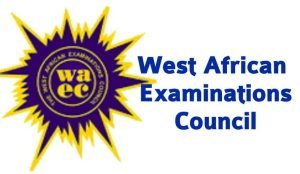WAEC Lists Facilities Schools Must Provide Ahead of 2026 Full CBT Exams

By Odekunle Doyin
In a major shift that will redefine public examinations in Nigeria, the West African Examinations Council (WAEC) has announced strict ICT and infrastructure standards schools must meet before they can host the 2026 West African Senior School Certificate Examination (WASSCE), which will be conducted entirely on computer-based testing (CBT).
Mr Lucky Njoagwuani, WAEC’s Head of Examinations, disclosed this during a sensitisation programme in Port Harcourt on Thursday. He said every school that intends to host the exams must have a minimum of 250 functional laptops with 10 per cent backups, a robust server supporting 250 systems simultaneously, and a Local Area Network (LAN) setup.
Other mandatory requirements include air conditioning, CCTV cameras, adequate lighting, uninterrupted power supply, and a 40kVA generator as backup, alongside a reception or holding room for candidates.
Njoagwuani explained that the CBT model would cut logistics costs, strengthen exam security, and improve accessibility.
“We started with the fourth series of our private candidate exam two years ago, and it was successful. This year’s private exam, second series, is fully CBT with no pen-and-paper option. By next year, the school candidate exam will also go fully CBT,” he said.
Mr Adeniran-Amusan Akim, Port Harcourt Zonal Coordinator of WAEC urged schools to upgrade their ICT centres in line with the standards, stressing that “WAEC will not lower the bar” and that schools unable to meet the requirements would be assigned to accredited centres.
Mr Sunday Jaja, Chairman of the Rivers State chapter of the National Association of Proprietors of Private Schools (NAPPS), while speaking also encouraged school owners to leverage loans from the Bank of Industry and Federal Government’s MSME intervention fund to finance the transition.
The sensitisation programme was jointly organised by Teadro Systems Ltd, NAPPS, and partners including the Bank of Industry, HP, Lenovo, and Canon, with ICT gadgets such as laptops, tablets, and printers donated to schools through a raffle draw.







